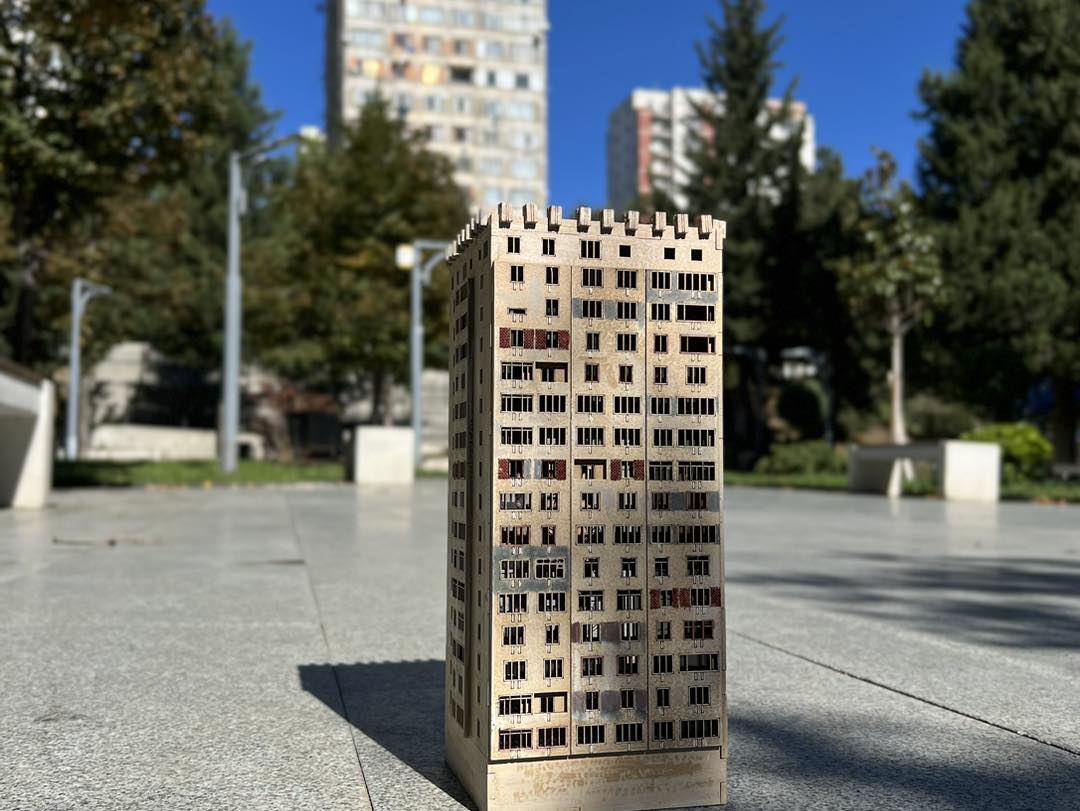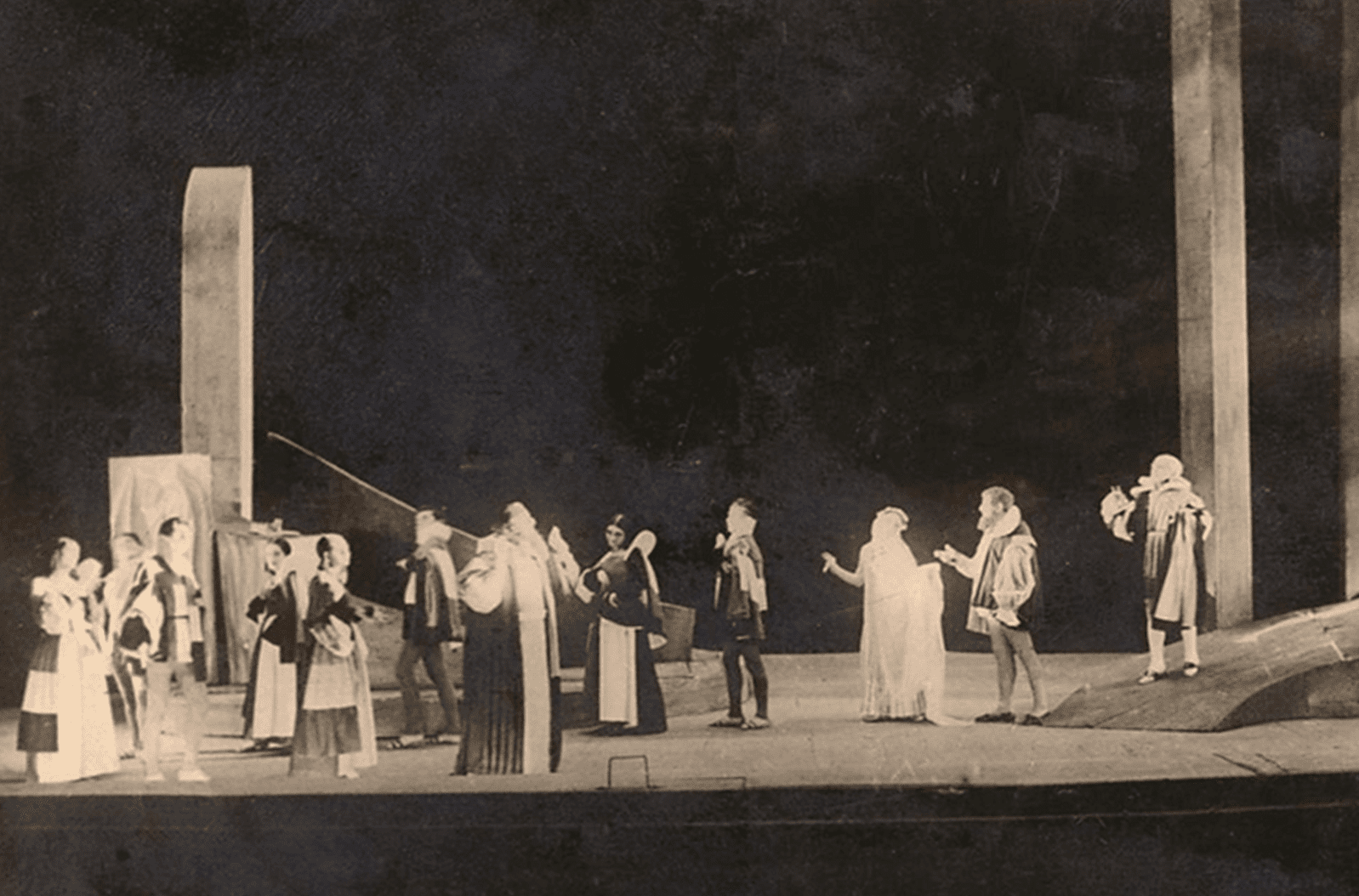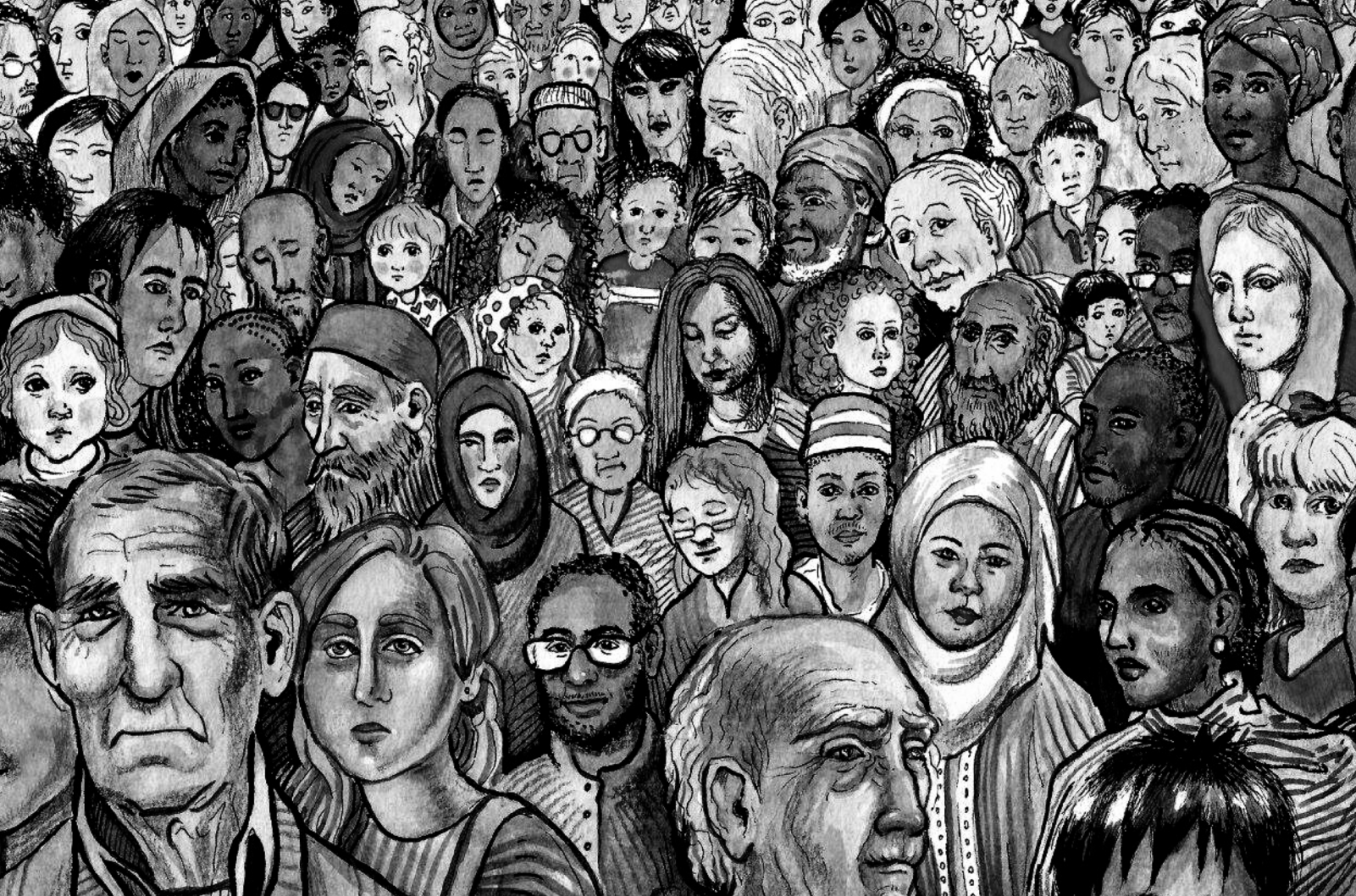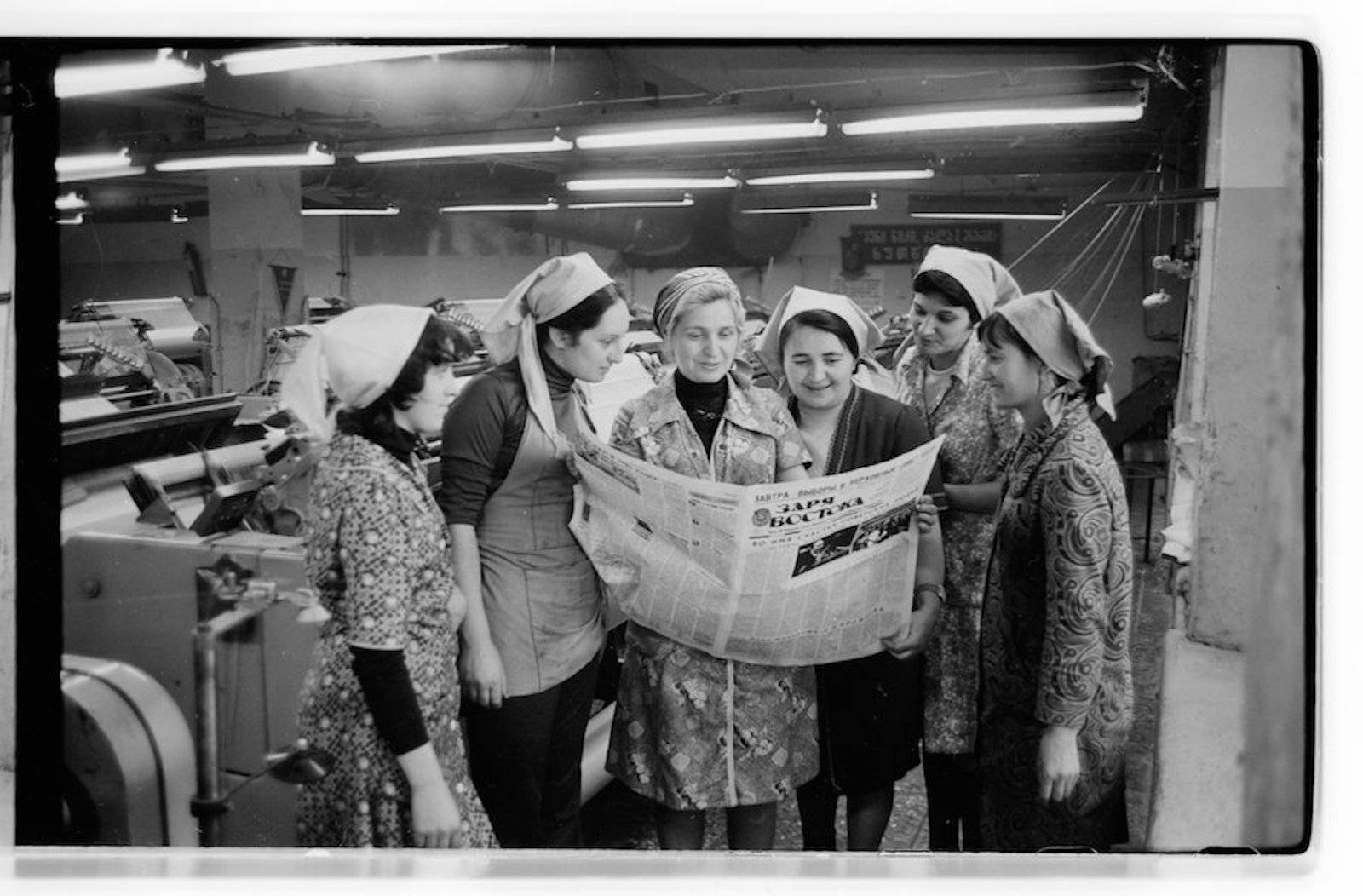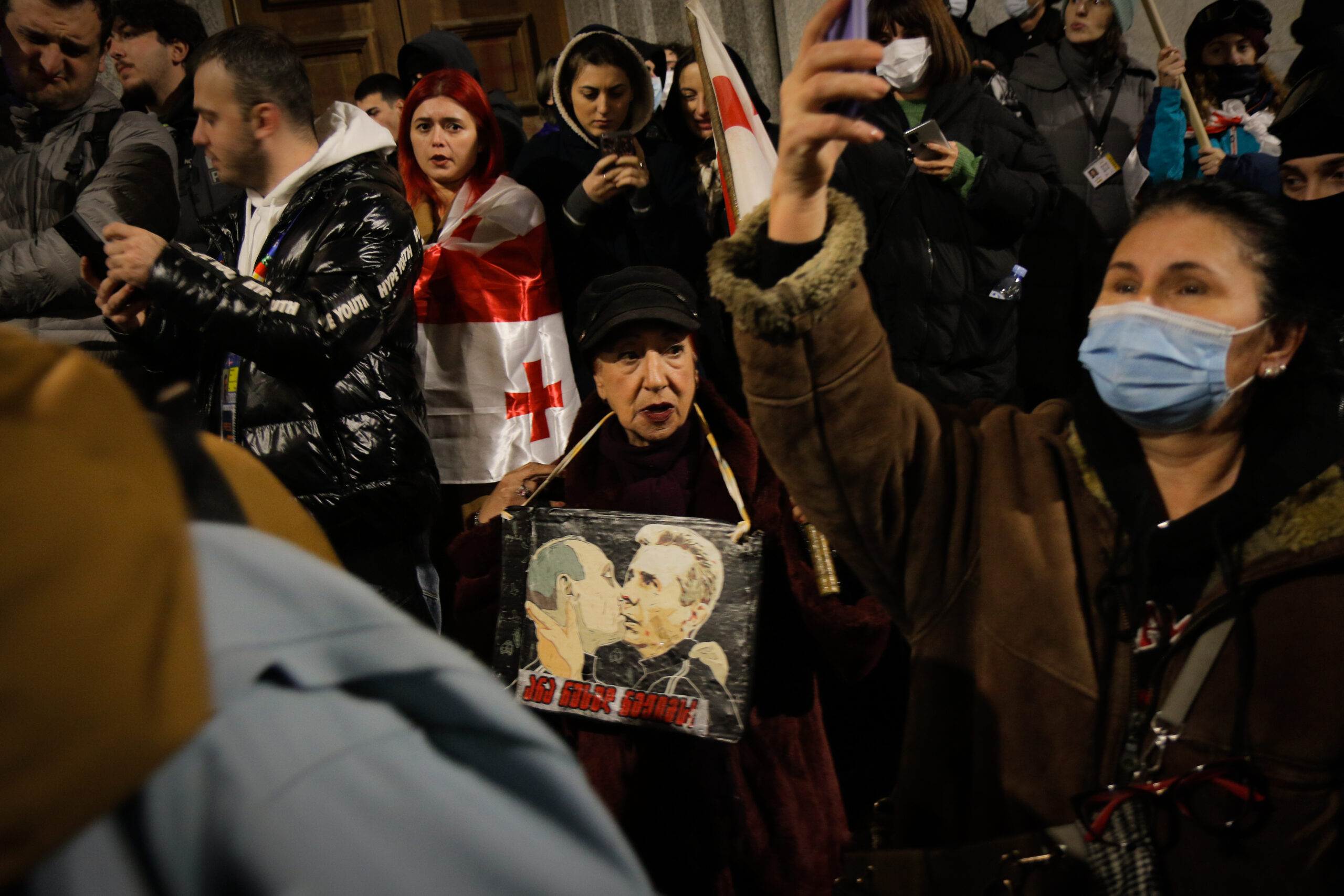
Georgia’s Protests: A Deeper Look at a Nation’s Frustration
Recent protests in Georgia have captured international attention, but before critics and conspiracy theorists flood the comments sections, it’s crucial to understand that what we’re witnessing is merely the tip of the iceberg. These demonstrations represent more than just a pushback against the oligarch-ruled government’s unconstitutional derailing of Georgia’s European aspirations.
At its core, this unrest reflects a profound civilizational, cultural, and historical drive toward the West – a sentiment shared by an overwhelming majority (over 80%) of the population. It’s worth noting that Article 78 of Georgia’s constitution explicitly emphasizes “the full integration of Georgia into the European Union and the North Atlantic Treaty Organization.”
However, the protests also embody a visceral reaction to a decade of misgovernance under the ironically named “Georgian Dream” ruling party. The list of grievances is long and deeply felt:
A systemic breakdown in the rule of law
Rampant unaccountability, clientelism, nepotism, and corruption at all levels of government
A concerning rise in crime rates
The spread of religious fundamentalism
Widespread poverty and a shrinking middle class
Limited opportunities for educated youth, leading to hopelessness
Increased emigration and brain drain
Repeated mismanagement of natural disasters, such as the 2023 Shovi tragedy
Absence of coherent ecological policies
Irresponsible disregard for Georgia’s world-important cultural heritage, exemplified by the mistreatment of the UNESCO-listed Gelati Monastery
Massive urbicide through uncontrolled construction and lax planning regulations in major cities like Tbilisi and Batumi
Minimal efforts to develop national industry, instead relying heavily on tourism and catering primarily to Russian holidaymakers
Defunding of the military despite ongoing Russian occupation
Alienation of Georgia’s true international friends and partners
Prioritization of political loyalty over merit and competence in government appointments
The government’s response to these legitimate concerns has been tone-deaf at best and antagonistic at worst. The Prime Minister’s labeling of protesting youth as “the fifth column” while posing for photo ops with leaders of Iran and Hamas in Tehran only serves to underscore the disconnect between the ruling party and the aspirations of the Georgian people.
International observers must look beyond shallow conspiracy theories linking these protests to foreign intelligence agencies or extraterrestrial intervention. The roots of Georgia’s current unrest are deeply embedded in the country’s recent history and are plainly visible to anyone willing to look with an open mind and common sense.
As Georgia stands at this critical juncture, it’s clear that the protesters are fighting for more than just EU candidacy status. They’re battling for the soul of their nation, for a future that aligns with their Western aspirations, and for a government that truly represents the will and interests of its people.
The world would do well to listen to these voices and understand the legitimate grievances driving this movement. Georgia’s struggle is not just about geopolitics; it’s about the fundamental right of a people to choose their own path and hold their leaders accountable. As the situation unfolds, it will be crucial for both domestic and international actors to engage with these concerns constructively and support Georgia’s democratic aspirations.
Photo by Mamuka Yusupov
